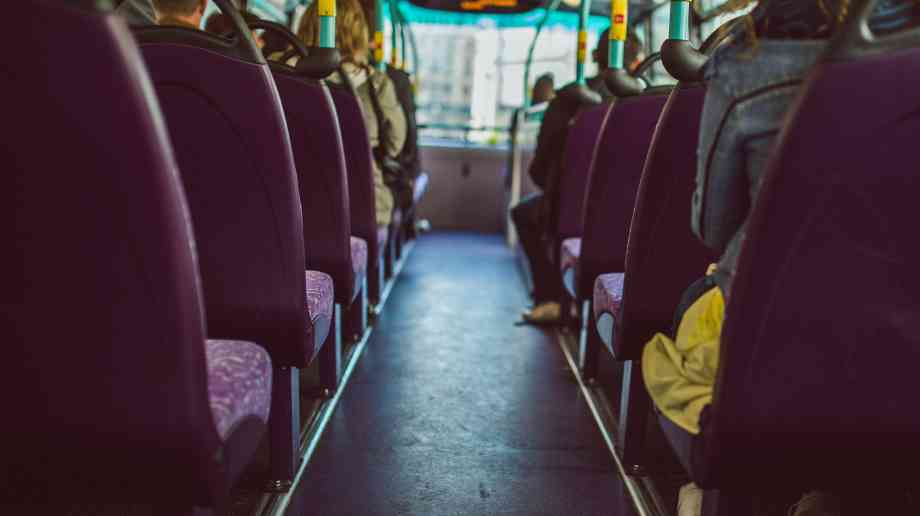Sue Robb of 4Children talks to Julie Laughton and Alison Britton from the Department for Education about the role of childminders in delivering the 30 hours free entitlement.
Greater investment in buses needed to meet net zero

The Local Government Association has stressed that investment in bus services is urgently needed if councils are to reduce car journeys and help the UK work towards its net zero goal by 2050 or earlier.
The number of local bus passenger journeys in England in 2020/21 fell significantly by 2.5 billion or 61 per cent, largely due to the pandemic, but even since 2004/05, bus mileage has declined by 34 per cent in England outside London. Council leaders believe that doubling the average occupancy of buses could mean up to 12 fewer car journeys are required for every bus journey.
The LGA is calling on the government to fully fund the concessionary fares scheme, which provides free, off-peak travel for elderly and disabled residents. At the moment the scheme is underfunded by £700 million a year, leaving councils having to reduce spending on discretionary concessionary fares and on wider supported bus services to try and plug this gap.
Additional funding for the Zero Emission Bus Regional Areas (ZEBRA) scheme was announced in the Spending Review, bringing the total to £270 million in 2021/22. By plugging the concessionary fares funding gap, councils would have even greater means to invest in their existing schemes and pave the way to decarbonise fleets.
David Renard, transport spokesperson for the LGA, said: “The world is gathered for COP26 to look at ways in which we can fight climate change and for the country to meet its net-zero targets we cannot rely on electric vehicles alone. We need to reduce car journeys and buses have the potential to be the backbone of mass transit provision in this country.
“For years now there has been imbalance in the amount councils are having to pay towards concessionary fares when you consider the number of bus journeys being made, and this was highlighted by the pandemic. We are calling for this £700 million a year shortfall to be made up to allow councils to put this money to better use in improving bus networks and increasing access to routes and services for residents.
“Public transport, along with cycling and walking, is going to be key as we look to reach net zero carbon emissions by 2050 or sooner, but with a drop of over 60 per cent in bus journeys, and car journeys returning back to their pre-pandemic peak, it is clear that more work has to be done to encourage less carbon-intensive travel across the country.”
Company Focus
Just Lanyards is a subsidiary name of Gifts 2 Impress Limited, who have been trading for over 25 years, we therefore pride ourselves in having endless experience covering all aspects of the promotional merchandise industry.
Event Diary
UKREiiF has quickly become a must-attend in the industry calendar for Government departments and local authorities.
The multi-award-winning UK Construction Week (UKCW), is the UK’s biggest trade event for the built environment that connects the whole supply chain to be the catalyst for growth and positive change in the industry.
Supplier Profiles
Geo Energy
At GeoEnergy Design, we're on a mission to disrupt the traditional way heating and cooling ha
Latest Features
Professor Harith Alani, director of the Knowledge Management Institute at the Open University explains how AI can be used for good and bad.
Alex Lawrence, head of health & social care, techUK sets out techUK’s Five Point Plan for CareTech.

















